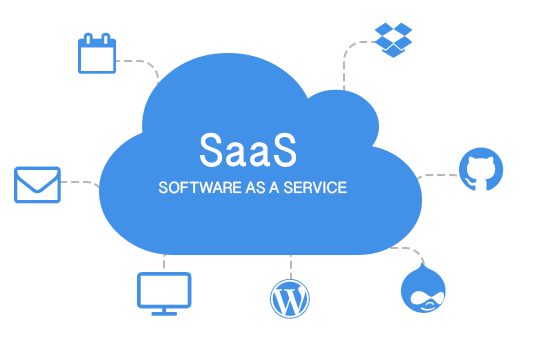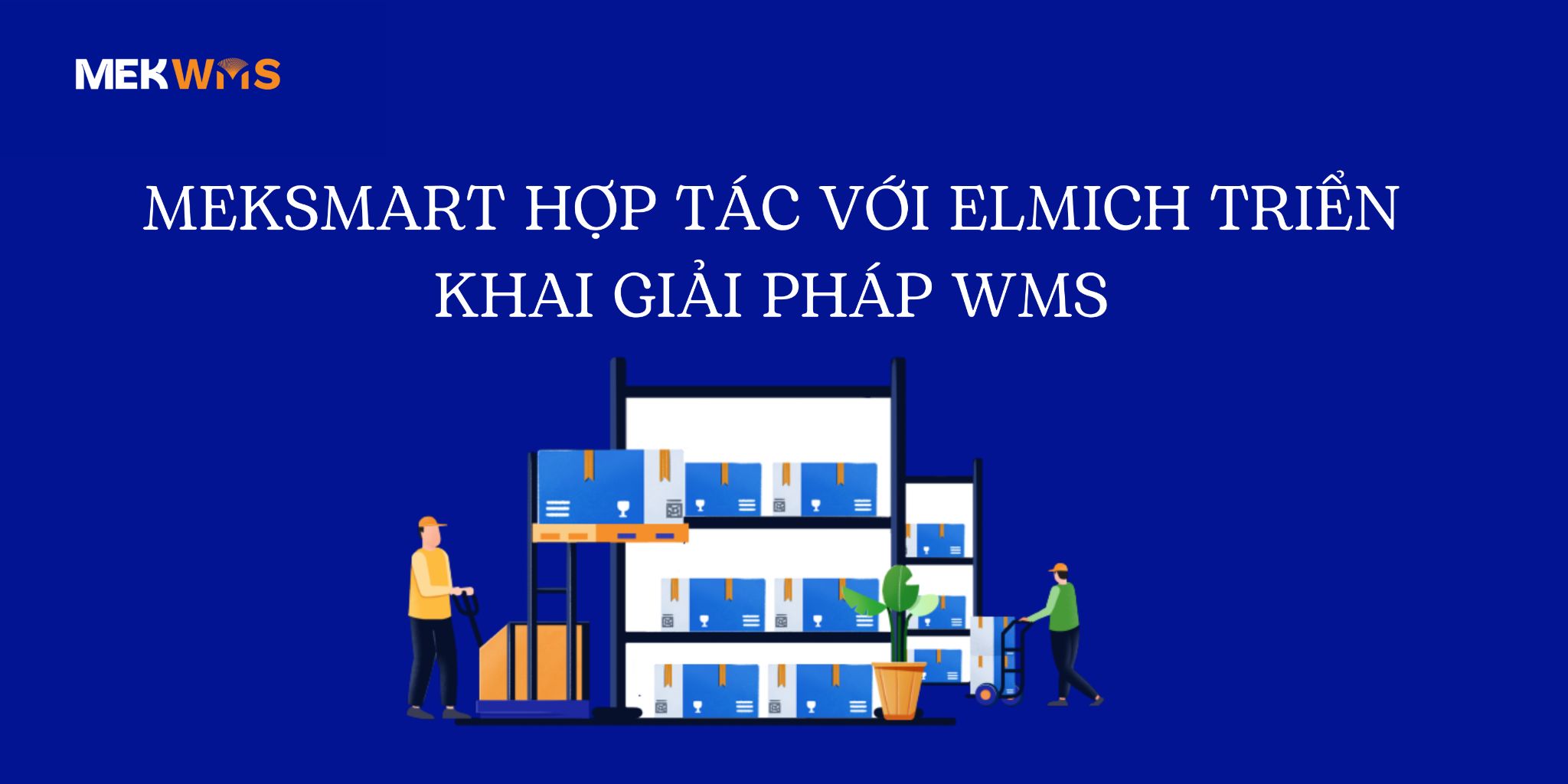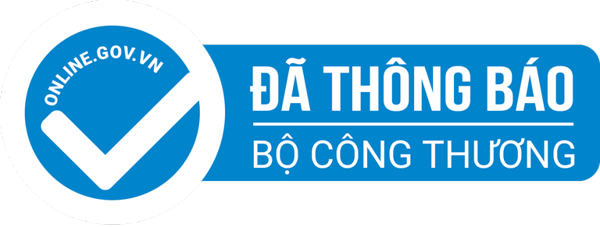MEKSMART
GENERAL NEWS
Author: Meker Meksmart
Update: 19/10/2022
SAAS IN SUPPLY CHAIN MANAGEMENT: OVERVIEW & BENEFITS
The new generation of IT services SaaS (Software as a Service) is showing significant benefits to businesses and customers from different industries.
Logistics and supply chain management is no exception. It is advisable to invest in an IT system that is good enough to take on the most critical job of maintaining transparency throughout the chain. It appears to be the key way to help businesses make accurate and timely decisions.
So what is SaaS in supply chain management? Let's explore the content below.
Learn more: Unleash The Digital Twins' Potential In Supply Chains
What is SaaS?
SaaS is a type of software that is provided as a service (not a product as usual) via the Internet. For instance, in the past when businesses wanted to develop a CRM (Customer Relationship Management) system, they would have to buy prepackaged software and install it on their network.
For large-scale businesses, a massive server system is needed to store data. Furthermore, they must maintain a commensurately large IT staff for maintenance and management.
Thus, the total cost of ownership will be quite expensive, limiting a huge number of users from small and medium-sized businesses (They make up 90% of all businesses.)
The question is, how do these businesses approach complex software applications such as ERP (Enterprise Resource Management), CRM (Customer Relationship Management), TMS (Transportation Management Systems), SCM (Supply Chain Management), and WMS (Warehouse Management Systems) without too much investment?
The answer is SaaS. So what are the benefits of SaaS? Check out the following section.

Advantages of SaaS in Supply Chain Management
SaaS is the superior solution to the above problem. SaaS is essentially a service on demand, meaning that instead of buying, you can rent the software and use it when needed as long as the Internet and broadband technology are stable and solid.
Global research firm IDC defines SaaS as “software that works on the web, is managed by a vendor, and allows remote access by users''. In other words, SaaS helps customers reduce the burden of technical maintenance and organization.
According to a recent survey by IDC, nearly one-third of survey respondents claim to have used at least one “on-demand” service, while another 47.7% are considering the possibility of using this software.
The most important advantage of SaaS is that the total cost of ownership is much lower than buying packaged software. Customers using SaaS software often pay a fee that is divided equally on a monthly basis for each user, or point of use.
On top of that, businesses don't have to add additional hardware to run the software, nor do they need an army of IT consultants and full-time staff.
Another strength of SaaS is that businesses can immediately deploy the application quickly, instead of having to install it as expensive as packaged software.
Furthermore, it is likely to use software with fewer bugs, because all feature updates are done for you by the SaaS provider, which ensures businesses always have the latest software.
The next strength seems to be evident in the field of supply chain management. One of the most important requirements in logistics and supply chain management is sharing information in real-time with partners. Of course, EDI (Electronic Data Transfer) is a powerful and ideal solution, but the cost is not cheap. While using SaaS in supply chain management, customers or suppliers can get timely information through immediate access to the parts that they have installed.
For instance, if a business is a third-party logistics provider (3PL), the customers will be able to track and trace their cargo information instantly as they update your operations.
Not only that, SaaS helps companies use information more effectively, for example, with a networked TMS system, they can quickly benchmark against other companies and make continuous improvements to improve service quality.
Wrapping Up
Above are some interesting information about SaaS in supply chain management. In a nutshell, this technology has been increasingly common in various industries thanks to its significant benefits in cutting costs and human resources while maximizing the performance of stakeholders.






